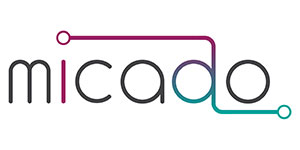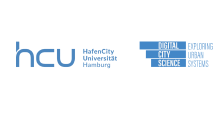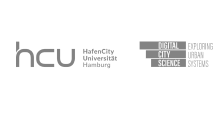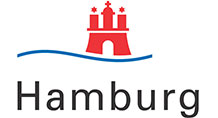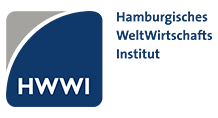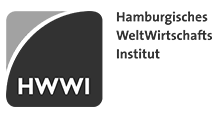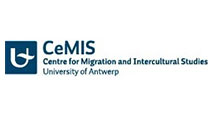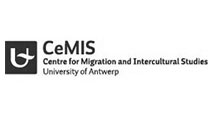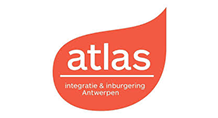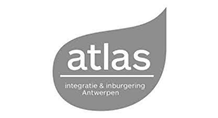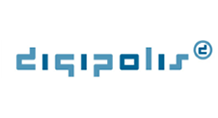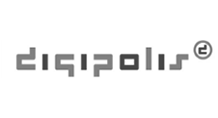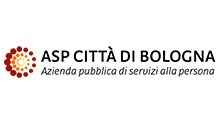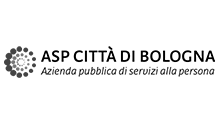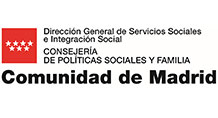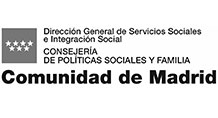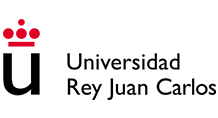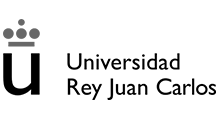-
 MICADOCheck out our new project trailer!
MICADOCheck out our new project trailer!
Learn more about the success goals, our partners
and the methodologies behind the MICADO project.
Now available with subtitles in multiple languages!GermanDutchItalianSpanish
Twitter Timeline
MICADO – Migrant Integration Cockpits and Dashboards
How to improve the management of migrant integration into host communities?
How to facilitate the opportunities for migrants to participate in society?
How to build up capacity for responding to future migration challenges on institutional and individual levels?
MICADO aims to facilitate the exchange between migrants, public authorities and engaged civic society and ease migrants’ access to regular social systems (housing, education, health care, and labour) and counselling services through attractive digital services. Thus, it will lower the socio-economic effort and expenditure in migrant integration, both for host economies and individuals.
MICADO is an interdisciplinary international project that involves research institutions, public authority agencies and SMEs from Germany, Belgium, Italy, Spain and Austria, whose purpose is to co-develop a MICADO-“one-fits-all”-solution (generic solution) that can be adapted by the local actors to their respective local challenges and manage migration issues with a local solution:
General analysis → Local analysis → Generic solution → Local solution
The generic solution will first be piloted in the MICADO-partner cities Hamburg, Bologna, Madrid, and Antwerp, and will then eventually be modified by the local communities. The outcome of the project will empower public authorities and local communities that attend migrants and refugees from their moment of arrival in the EU with more efficient and more effective digital services. It will also support migrants and refugees by enabling essential communication, orientation, and navigation within their new life environments.
In the end, the MICADO solution shall be offered on an open-source platform and be transferable to communities in other European cities.
Migrant Integration, Dashboards and Cockpits 2019
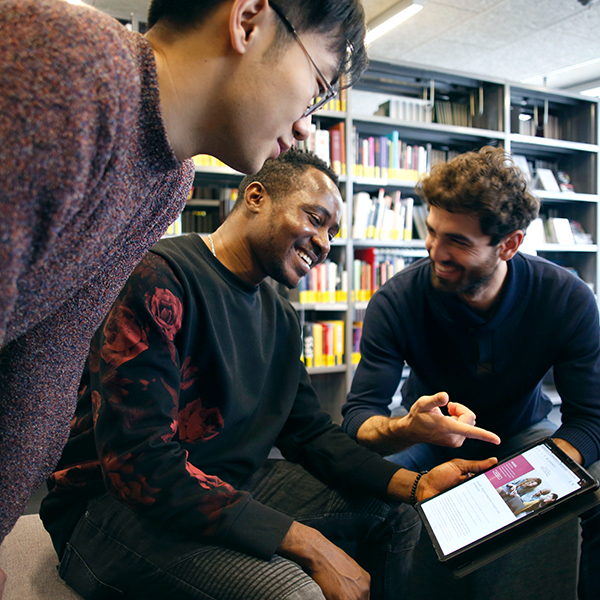



Project Goals
01 Successful Integration
by exploiting advanced data science and technology, the MICADO project contributes to the successful integration of migrants into host communities, and to building up capacity for responding to future migration challenges and developments on institutional and personal levels. It helps to facilitate migrants’ access to regular social systems (e.g. housing, education, health care, labour) with more efficient and more effective digital services, thus lowering socio-economic effort expenditure in migrant integration, both for host economies and individuals.
02 Empowerment
MICADO empowers Public Authorities (i.e. local authorities in charge of managing the reception systems in the local contexts) and local communities that attend migrants from their moment of arrival in the EU. Also, MICADO empowers migrants – mainly but not exclusively asylum-seekers and refugees – by enabling essential communication, orientation, and navigation within their new life environments.
03 Social Cohesion
MICADO helps to strengthen cohesion in local societies and communities by involving end- users in the development of migrant integration services early-on. By delivering valuable information to all relevant stakeholders and funnelling added value in all directions, it builds up trust and contributes to a fact-based perception of migration issues.
MORE ABOUT OUR PROJECT PARTNERS
Project Results
Out-of-the-box, One-fits-all solution
The MICADO solution is an integrated “out-of-the-box” system which provides digital tools for managing the integration of migrants in urban societies across the EU. By exploiting state-of-the-art data technologies, it consolidates and valorises migrant-related data from local, regional, and national sources.
While an intelligent data platform manages these information as backend infrastructure, interactive frontend applications (so-called data dashboards and cockpits) provide analytic and synthetic services in support of migration-related key issues e.g. work, housing, health, or education etc. With a “one-fits-all” approach, the basic or “universal” MICADO solution comprises a set of services applicable to all cities and regions involved in the project. This concept of offering a “ready-to-use” solution represents the boost that many Business Intelligence projects lack. With this approach, municipalities can adapt the solution to their respective challenges without having to have cross-department expertise to manage migration in their respective cities. Through the input of local data the visualization tools will provide programmed insight based on that input.

